Berkshire Hathaway Commercial has a successful track record providing aggressive tenant representation to corporations in a variety of industries with locations throughout the Greater Boston Area. Berkshire Hathaway commits to delivering services independent of any conflicts of interest – focusing strictly on the needs of tenants and owner-occupants of property.
Benefits of hiring Berkshire Hathaway Commercial
Having an exclusive agent insures that all of the many details of leasing property are attended to. There are many traps and pitfalls in the leasing process. There is a lot more to it than driving around with a cell phone and calling on signs. Documentation is critical and a good broker will create documents that accomplish the task with accuracy that are professionally prepared. One of the most important intangible assets a broker brings to a project is the quality of his business relationships. There are certain brokers with whom landlords and cooperating brokers like to deal and there are others whom they would rather avoid. A broker who does not have a solid history of delivering his side of the bargain will have a very difficult time in securing space for his client in the current market climate.
Who Pays?
In leasing, the landlord pays brokers for the tenants they bring to the building. In Massachusetts most commercial real estate fees are paid as a function of the amount of square feet leased and the lease term. These fees are already built into the asking price. This is paid whether or not you have representation. The tenant’s broker does not have an incentive to keep the rental rates higher in order to earn a higher commission. No matter what the rent level, the tenant’s broker is usually paid the same amount. The only price to you is loyalty.
How Will a Tenant Representative Save You Money?
- The leasing process is generally complex. After labor costs, your investment in office space may be your most expensive line item and decisions you make will have an impact on your company’s profitability. The tenant representative is your guide through the process.
- Market knowledge is a key ingredient in which a qualified tenant representative can make a big difference. Having a grasp on asking rates versus deal rates and incentives available is important to make sure you get the best terms available.
- A qualified tenant representative understands the numbers and is able translate data into implications for your business advice on growth strategy within a particular building or market, for example. Tenant representatives are also able to perform financial analysis to help you select the most cost effective location.
- Expert negotiation skills are critical for a favorable outcome. Representation gives you subtle leverage during negotiations, informing the landlord that you are professionally represented and undoubtedly advised of alternative sites and comparable lease rates. As an added benefit, a tenant representative may know the temperament of a particular landlord and/or landlord’s representative, and recognize how far to push the negotiations without jeopardizing the transaction. This is a definite advantage when it comes to lease renewals, too.
- Familiarity with the documents is a must. Tenant representative have a working knowledge of the documents necessary to conduct the transaction. These documents include requests for proposal, letters of intent, lease agreements and work letters and vary from market to market. A tenant representative knows how to customize the documents to meet your needs.
